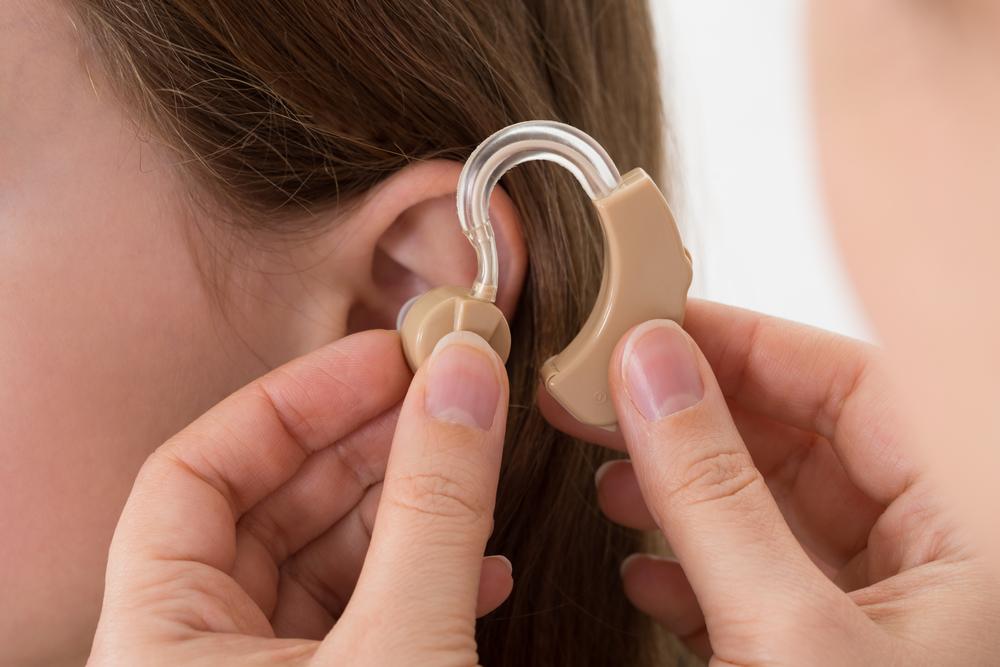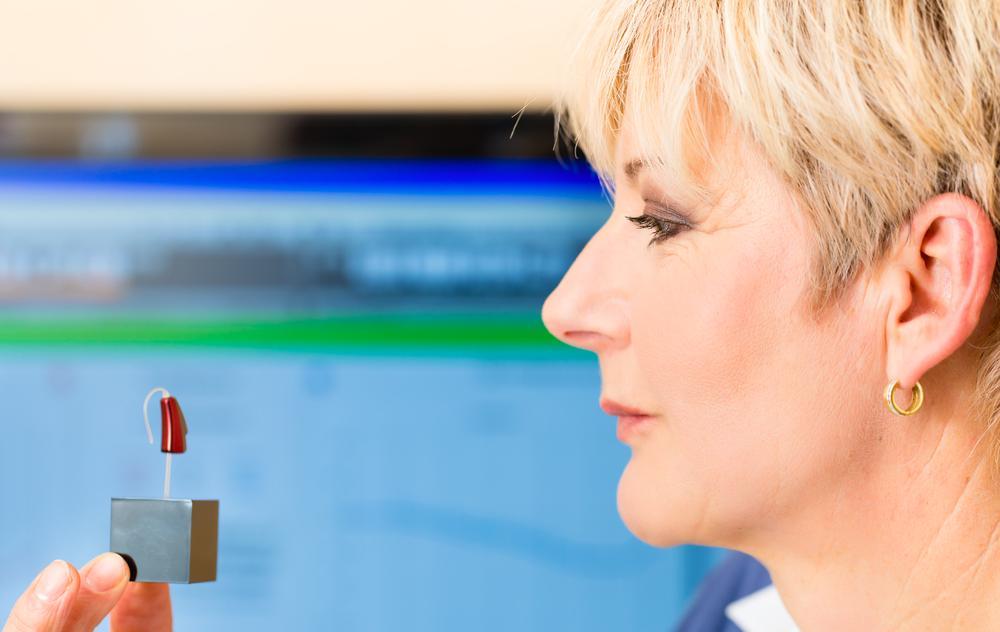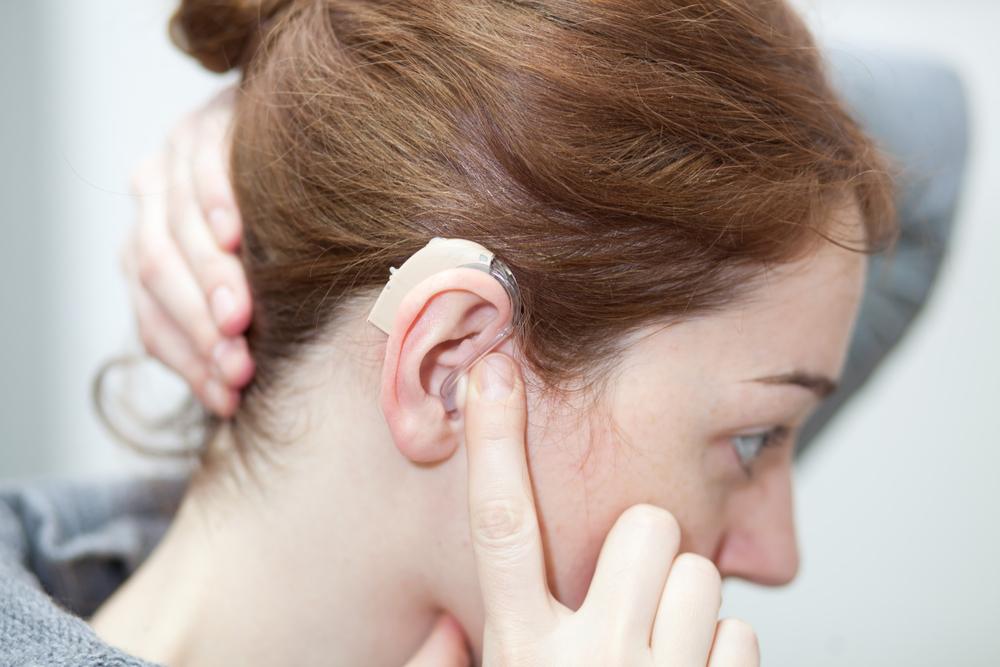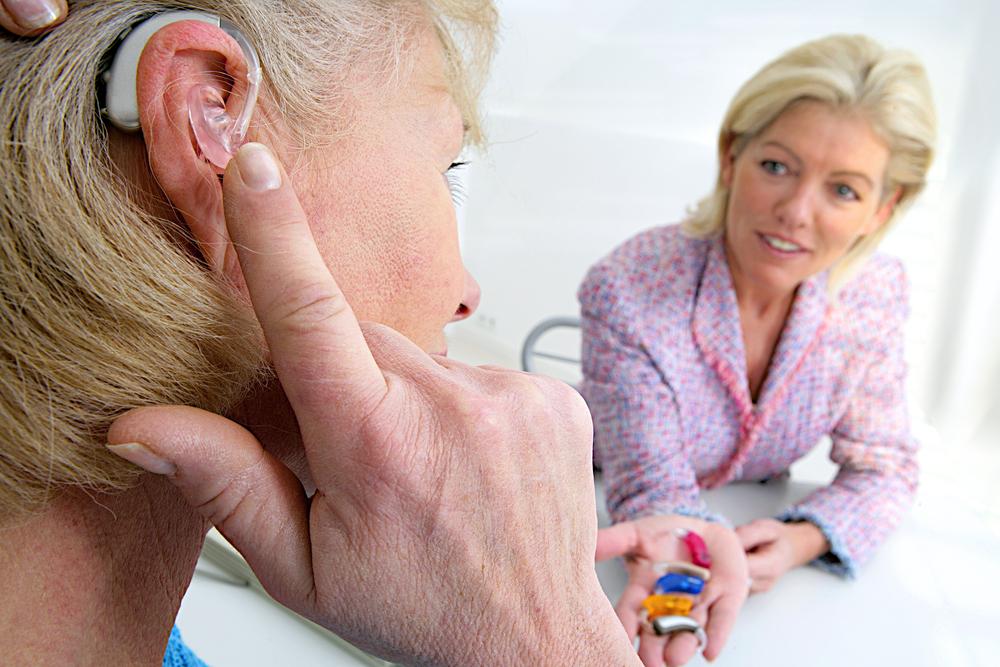Guide to Buying Hearing Aids from Professionals: What to Know
This comprehensive guide outlines what to expect when purchasing hearing aids from a professional. It covers appointment procedures, hearing assessments, device demonstrations, and choosing the right hearing aid. With modern technology making devices more effective yet affordable, consulting a professional ensures proper diagnosis and personalized solutions. Early intervention is key to managing hearing loss effectively. This article aims to inform readers about the process and considerations involved in obtaining quality hearing aids, empowering them to make informed decisions for better hearing health.

Guide to Buying Hearing Aids from Professionals: What to Know
Hearing impairment at any severity can significantly impact daily life. It becomes even more risky when you can't hear alarms, phone calls, or sirens. The development of hearing aids has greatly helped in managing this challenge.
Modern devices feature a microphone, amplifier, and speaker to enhance sound input, assisting those with hearing loss, though they do not fully restore hearing. Hearing loss can affect people of all ages, so consulting an audiologist for an accurate diagnosis and proper fitting is essential rather than searching online for solutions.
During your visit to a hearing specialist, here’s what to expect:
Friendly Reception
Expect a courteous greeting from the staff and a few forms to fill out, which protect your privacy and explain your rights as a patient.
Ear and Hearing History Inquiry
The audiologist will ask about your ear condition, hearing experience, and communication habits, gathering comprehensive medical information.
Ear Examination and Results Review
The professional will examine your ears and review test results, explaining your type and level of hearing loss and possible treatment options. Feel free to ask questions for clarity.
Hearing Aid Demonstration
Using advanced technology, the audiologist may show you how different hearing aids operate in noise-filled environments such as restaurants or traffic, offering demonstrations tailored to your needs. Hearing aid styles and features vary, and costs range from $700 to $3000 per device, depending on their capabilities and effectiveness.
Recommendations and Final Choices
The specialist will suggest suitable hearing aids based on your hearing test results. They will thoroughly explain the pricing and features, enabling you to choose wisely. You might be asked to sign a purchase agreement detailing the model, costs, and warranty before leaving.
Modern hearing aids, though costly, are more affordable than ever due to technological advances. Inexpensive alternatives like general amplifiers are less effective and not substitutes for authentic hearing devices. Recognizing the issue early and seeking professional advice ensures proper management without complications.










